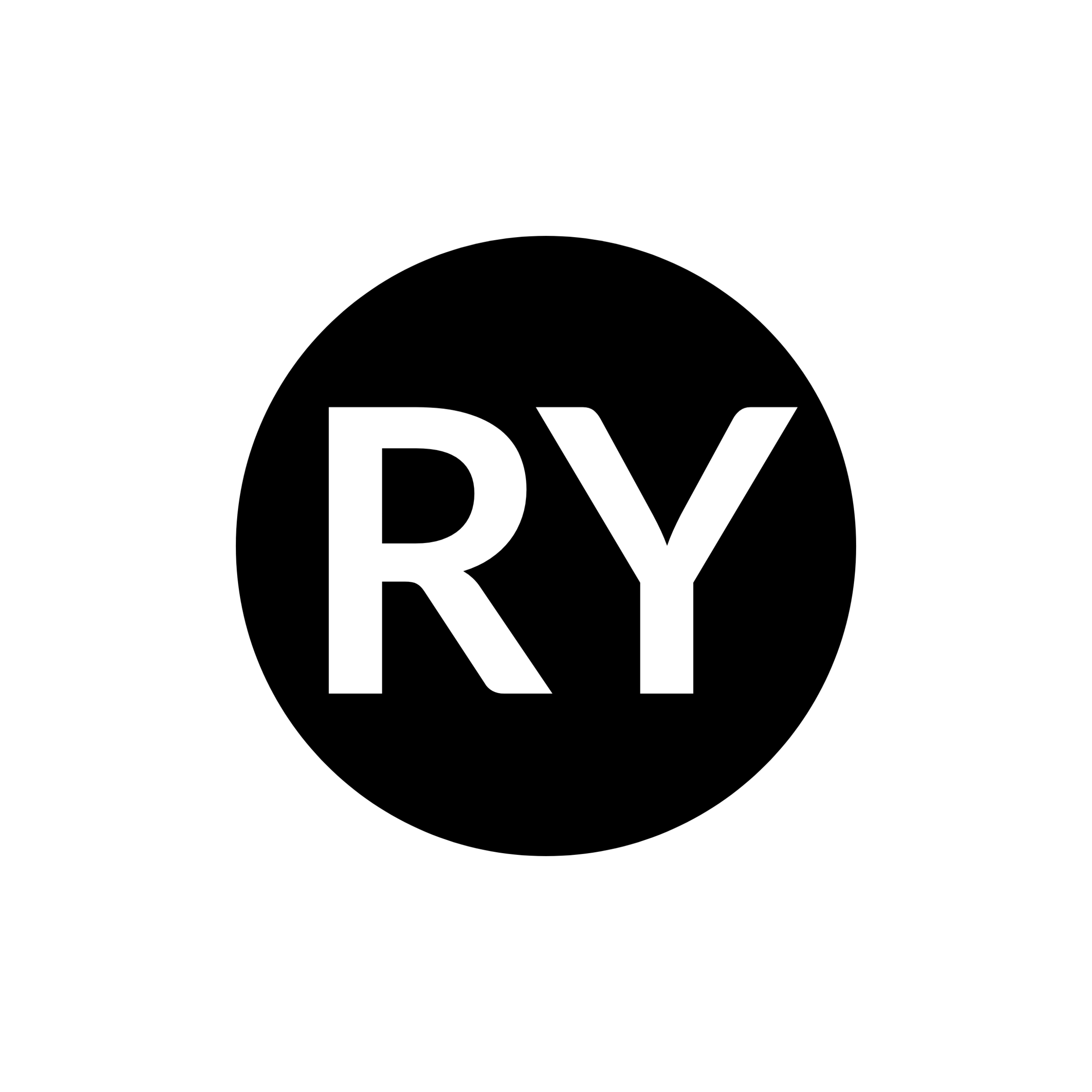Google News Showcase Concerns Spark New Germany Antitrust Probe
As big tech companies continue to face increased international scrutiny, Google News Showcase concerns sparked a new Germany antitrust probe. On December 31st, 2021, France fined Google for its exploitative usage of tracking cookies.
Now, the latest investigation stems from Germany. Originating from Germany’s Federal Cartel Office (also known as the Bundeskartellamt), the Google News Showcase platform may be guilty of promoting self-preferential content while stifling third-party published content. Additionally, the Bundeskartellamt plans to investigate Google’s terms and conditions for participating publishers on its Google News Showcase, inquiring into whether they are proportionally reasonable.
What is Google News Showcase?
On October 1st, 2020, Google announced the launch of Google News Showcase in Germany, Australia, and Brazil. Google designed its Google News Showcase service to aid publishers in sharing their journalistic editorial expertise. Featuring an “enhanced storytelling experience”, helps its users to stay informed on local, national, and international news stories. Google highlights select stories through its Google News Showcase panels.
Initially, Google planned for Google News Showcase to help publishers with monetizing their content. As an extension of 2018’s Google News Initiative, Google created the new platform to diversify news stories. Simultaneously, Google wanted to monetarily reward its publisher for high-quality content that drives traffic through its service.
However, the latest Google News Showcase concerns reflect a different story. Although Google may have originally embarked on a journey to aid publishers, Germany’s investigation dives into how equitable those relationships truly are.
Google News Showcase Concerns Stem from Violation of GWB Digitalisation Act
Less than a year into its relationship with Germany, the Bundeskartellamt announced a proceeding into Google on May 25th, 2021. Prior to the Google News Showcase concerns, the Bundeskartellamt launched inquiries into the presence and implications of big tech companies throughout Germany as a result of the 10th amendment to the German Competition Act.
Starting on January 18th, 2021, Germany enacted the 10th amendment to the German Competition Act. With this new amendment, Germany introduced what is synonymously referred to as the GWB Digitalisation Act. In essence, the act comes with a powerful provision: 19A.
Provision 19A extends power to the Bundeskartellamt to declare companies “of paramount significance for competition across markets”. For these purposes, companies hold a paramount significance if they maintain a dominant position, have financial strength and/or access to resources, are vertically integrated, access relevant competitive information, and hold relevant access to influence third parties.
Once the Bundeskartellamt makes this declaration, the Bundeskartellamt sets out to prohibit these companies from imposing their influence in a manner that undercuts the competition. Also, the Bundeskartellamt uses this law to combat monopolies in Germany.
Earlier in 2021, the Bundeskartellamt initiated proceedings against both Facebook and Amazon. Google marks the third big tech company to fall under the watchful eye of the Germany’s Federal Cartel Office.
Alleged Violations Leading to Google News Showcase Concerns
Following the May 25th announcement, Bundeskartellamt stated its plans to investigate Google News Showcase. On June 4th, 2021, the Bundeskartellamt initiated its probe into Google News Showcase following a complaint from Corint Media the Bundeskartellamt. The concern revolved around whether Google News Showcase held the ability to promote self-published content over third-party creators. This, in fact, completely defeats the purpose of its tool in the first place, but also generates a major economic disparity towards rival publishers.
The President of the Bundeskartellamt, Andreas Mundt, stated, “Google’s strong position in providing access to end customers must not lead to a situation where competing services offered by publishers or other news providers are squeezed out of the market.”
Six months following the initial announcement, the Bundeskartellamt found that Google does in fact maintain a “paramount significance across markets” Because Google obtained more than 80% of Germany’s market share and acts as the country’s primary search advertising provider, the Google News Show concerns fall under the banner of Section 19A of the GWB Digitalisation Act. Beyond that, Google holds significant sway of search traffic and authority in tandem with being able to access data that cements its competitive market advantage.
With the Bundeskartellamt demonstrating the merit for the Google News Showcase concerns, it recently announced that it plans to dig further into the issue. While Google attempted to wave off competition concerns, the Bundeskartellamt plans to consult as to whether Google shows:
1. Self-preferential treatment to its own services over competitors
2. Evidence of disproportional difficulty for publishers to enforce their own copyright
3. Discriminatory practices barring certain publishers from accessing Google News Showcase
Summary
Overall, Google developed its brand into the world leader for search engine traffic. In December 2021, Google controlled 91.94% of worldwide search traffic. In addition, its closest competitor, Bing, holds under 3%. Because of this, Google clearly maintains a monopoly over the search engine realm.
Despite this large market share, Google continues to innovate. However, recent trends throughout the world show the governments no longer plan to let digital behavior go unregulated. The onset of the GWB Digitalisation Act and strengthening of the Bundeskartellamt’s authority further demonstrates that stance as it investigated the Google News Showcase concerns.
To launch your online footprint in an ethical manner, contact the digital marketing and advertising specialists at Rizzo Young Marketing LLC.
